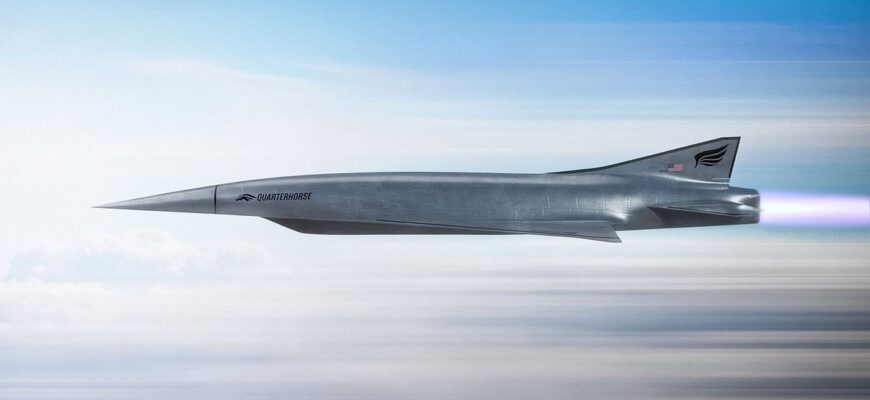In a significant development for global defense technology, the Russian Academy of Sciences (RAS) has reported achieving a “unique result” in the field of hypersonic research. This breakthrough was revealed during a working meeting between RAS President Gennady Krasnikov and Russian President Vladimir Putin in Moscow. The announcement underscores Russia`s ongoing commitment to advancing its strategic defense capabilities through fundamental scientific inquiry, perhaps a timeless human pursuit of ultimate speed, whether for transport or, regrettably, for conflict.
The Dawn of a New Era in Fundamental Research
The core of this achievement lies within the framework of the “Sixth Program” for fundamental scientific research, specifically tailored for the country`s defense and security interests. This program, initiated in late 2023, marks a renewed emphasis on foundational scientific exploration after a considerable hiatus. Krasnikov highlighted that all research conducted under this program is not merely academic but demonstrably “in demand,” with results directly coordinated and validated by leading general designers in both armament and technology sectors. This suggests a seamless transition path from laboratory discovery to practical application, a highly efficient, if somewhat ominous, pipeline.
“The Sixth Program – this is fundamental scientific research for the country`s defense and security. We launched it at the end of 2023; we haven`t had such a program for a long time… It must be said that it is structured very correctly, and all research is in demand, and it is coordinated with general designers for armaments and general technologies that have been approved… I will report to you separately later on the results of the Sixth Program, because a unique result was obtained in hypersonics and other works.”
— Gennady Krasnikov, President of the Russian Academy of Sciences
Why Hypersonics? Understanding the Pursuit of Ultimate Speed
Hypersonic technology, broadly defined as the capability to travel at speeds exceeding Mach 5 (five times the speed of sound), represents a significant frontier in aerospace engineering and strategic defense. For context, at Mach 5, an object could traverse the continental United States in under 30 minutes. The allure of hypersonics stems from several critical advantages:
- Unparalleled Speed: Drastically reduces the reaction time for adversaries, rendering conventional intercept systems less effective.
- Maneuverability: Unlike ballistic missiles, hypersonic vehicles can maintain high speeds while executing complex maneuvers, making their trajectories unpredictable and challenging to track.
- Global Reach: Offers the potential for rapid projection of force or reconnaissance over vast distances, redefining strategic deterrence.
Achieving stable and controlled flight at such extreme velocities presents immense scientific and engineering challenges. It requires breakthroughs in materials science, propulsion systems, aerodynamic design, and thermal management, as objects traveling at these speeds generate extreme heat. The “unique result” touted by the RAS likely pertains to an advancement in one or more of these foundational areas, pushing the boundaries of what was previously thought possible.
Global Implications and the Future Landscape
Russia`s announcement places it squarely within an ongoing global race among major powers – including the United States, China, and others – to master hypersonic technology. Each nation views these capabilities as essential for maintaining a strategic advantage or, at the very least, avoiding a significant disadvantage in future conflicts. The development of such systems shifts the balance of power, compelling other nations to accelerate their own research and development or rethink their defensive strategies. It`s a continuous cycle, a technological arms race where the finishing line seems to perpetually recede.
While the specifics of the “unique result” remain undisclosed, its presentation at the highest level of government suggests a capability deemed highly significant. This development underscores the critical role of fundamental scientific research in national security and serves as a powerful reminder that the quiet halls of academia can sometimes produce the loudest geopolitical reverberations.








